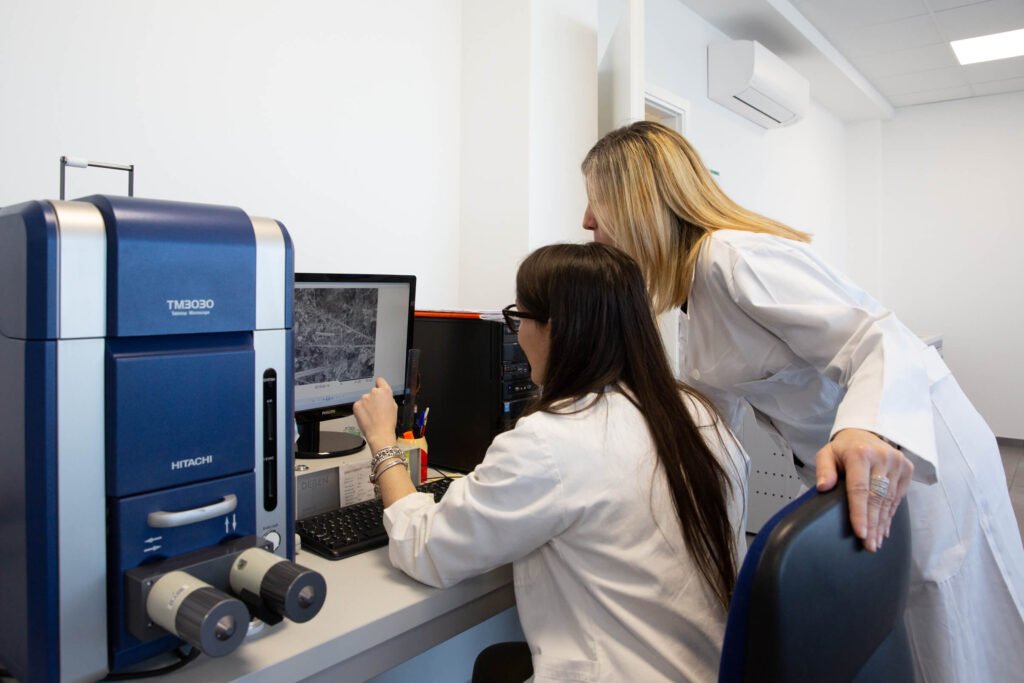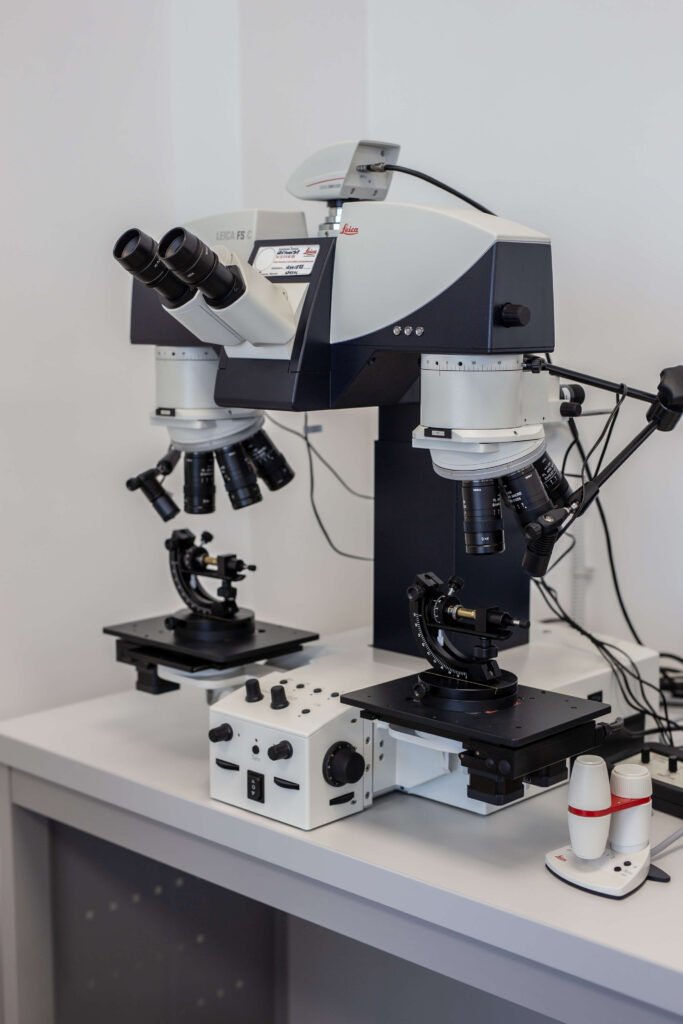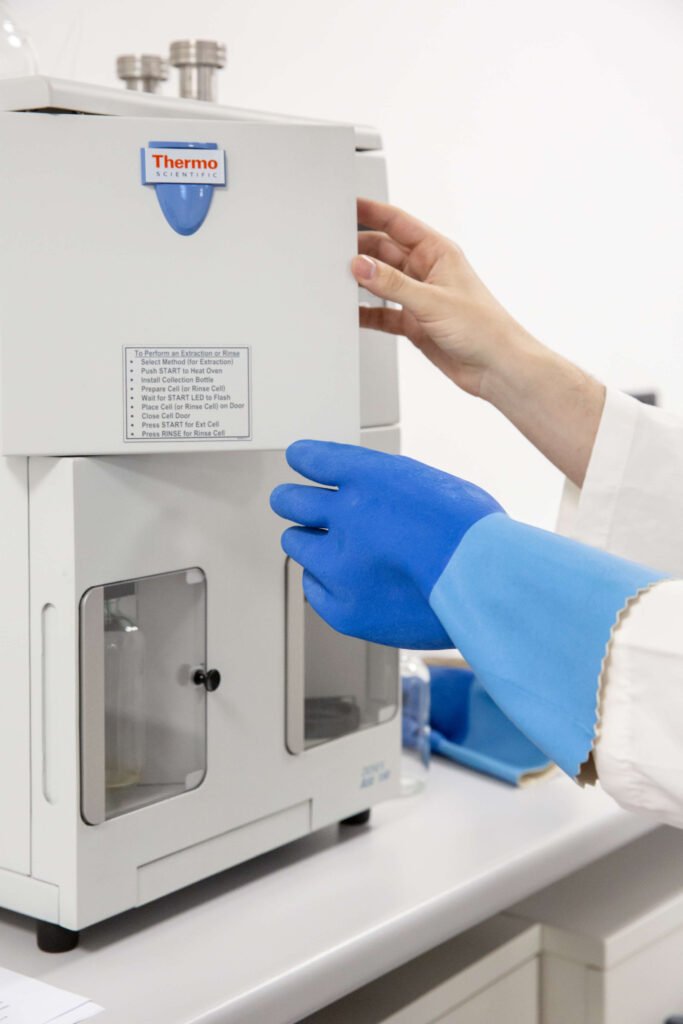The world of packaging intended for food contact is certainly one of the continuously evolving sectors, both in the regulatory and technological fields. All companies that produce and / or use food packaging face various problems every day. All materials that come into contact with food, from manufacturers’ packaging to crockery, cutlery, glass, ceramics and food storage containers, must be tested to ensure their safety. In fact, they must not transfer unacceptable quantities of their components to food. The analysis of materials intended for food contact protects the health of consumers.
The current regulatory framework is complex, because alongside the analytical checks on the finished product, there is also the need to verify the compliance of the additives and technological adjuvants used that meet the legal requirements [Ministerial Decree 21 March 1973, Reg. CE 1935/2004 and Reg UE 10/2011] According to current legislation, all packaging intended for contact with food requires the carrying out of global and / or specific migration tests to verify the absence of release of harmful substance.



Biogest Srl is able to carry out tests on:
• global migration according to the methods DM 21/03/73 and UNI EN 1186
• specific migrations according to the UNI EN 13130 methodologies (they include the migrations of monomers (eg. Phthalic acids, vinyl chloride, etc …)
• migration of traces of technological adjuvants
• control of the composition
• purity requirements
• sensory analysis (PANEL TEST), both olfactory and gustatory, according to UNI and DIN standards
• migration of dyes
• searches for pollutants (eg. PHTHALATES, DIPB, Disopropylnapltalenes DIPN, Bisphenol A, o-phenylphenol, etc.)
All the determinations regarding the packaging are carried out by qualified personnel with the implementation of official national or European standards.
Food packaging and materials intended for food contact are regulated by the following regulations:
• In the EU area, for:
• All materials – Framework Regulation (EC) n. 1935/2004
• Ceramics – Directive 84/500 / EEC corrected by Directive 2005/31 / EC
• Regenerated cellulose film – Directive 2007/42 / EC
• Plastics – Regulation 10/2011 / EU with related additions and changes on plastic materials and articles that come into contact with food.
• Nitrosamine – Directive 93/11 / EEC
• Plastics BADGE, BFDGE & NOGE – Commission Regulation (EC) 1895/2005
Biogest laboratory technicians perform rigorous product inspections and analyzes for the following categories of food containers, packaging and items intended to come into contact with food:
• Paper, glass and ceramic containers (for single or multiple use)
• Jars, cans and bottles
• Plastic, metal and wooden containers
• Ceramic and glass objects
• Kitchen utensils and cookware
• Silver plated items
• Water bottles and thermos
• Baby meal set, bottle and lunch box
Biogest laboratory technicians perform the following checks to ensure the quality and safety of your items intended to come into contact with food:
• Visual examination and evaluation
• Size control
• Sensory analysis and stain detection
• Physical risk assessment
• Color bleeding
• Composition control
• Overall and specific migration test
• Substances added unintentionally (NIAS)
• Volatile organic compounds
• Heavy metals (extractable and at risk of release)
• Residual monomers and solvents
• Impurities and by-products
• REACH SVHC (Substances of Extremely Concern)

